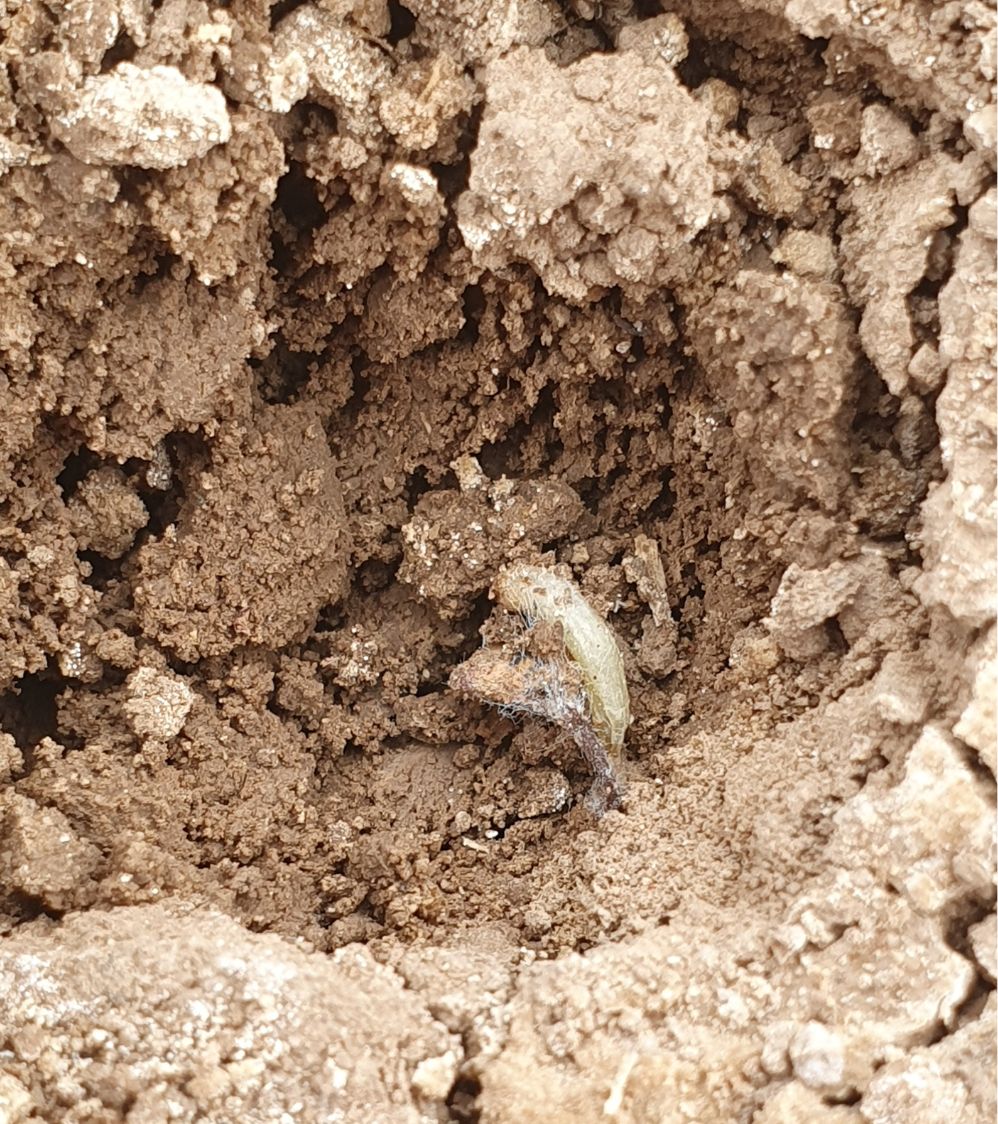
The Interregional Research Project #4 (IR-4) is a federally funded program through the National Institute of Food and Agriculture (USDA-NIFA). The purpose of IR-4 is to address the shortfall of chemistries registered for crop protection efforts in specialty crops. The Farm Bill defines a specialty crop as one that generally falls into the category of ‘fruit and tree nuts, vegetables, culinary herbs and spices, medicinal plants, nursery (landscaping) plants, floriculture, and ornamental horticulture crops, and Christmas trees. Consult USDA’s guidance on specialty crop consideration for a detailed list of eligible specialty crops.
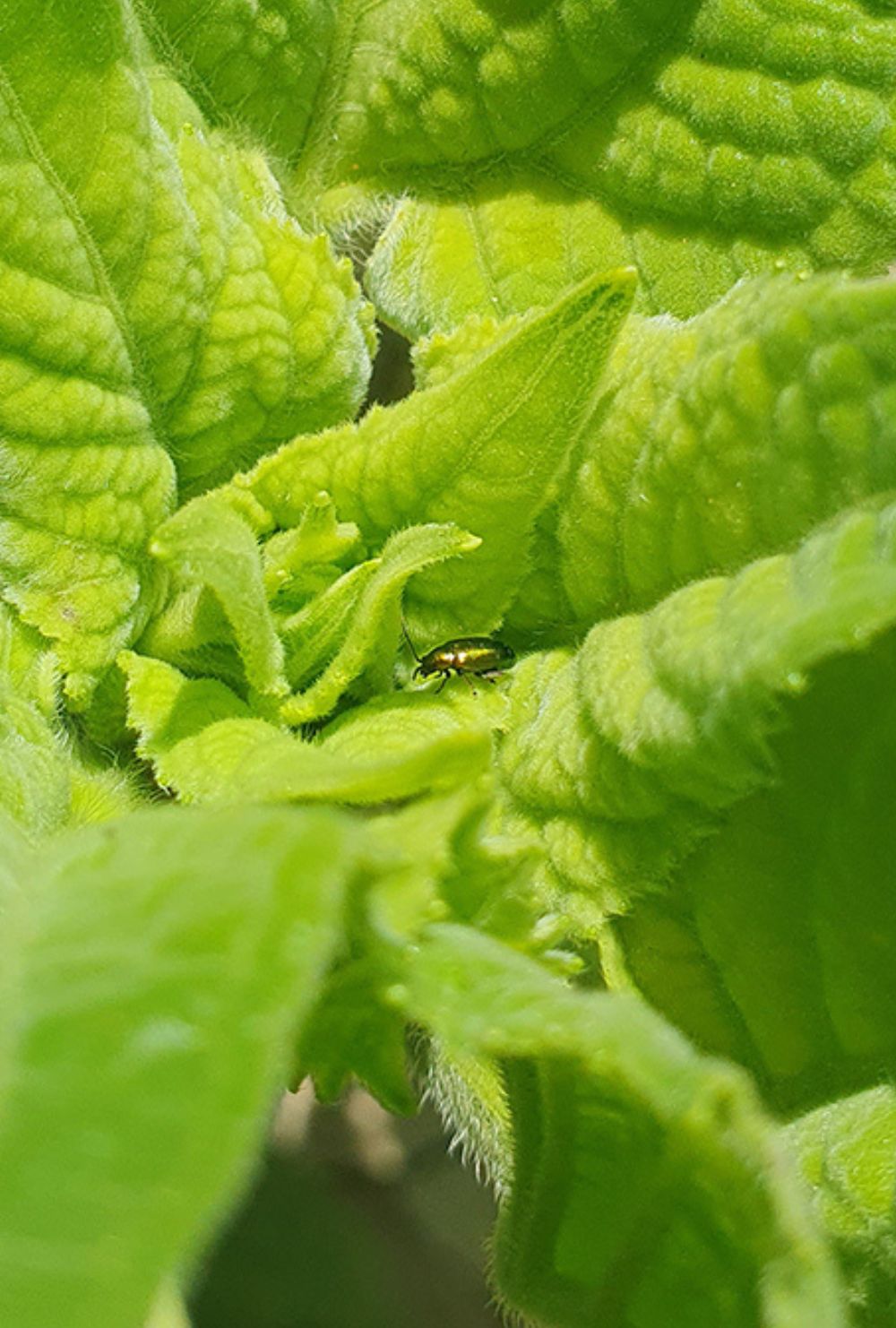
Specialty crops are also considered minor crops, since the total production acreage is ‘minor’ compared to traditional field crops such as, maize, wheat, soy, etc. A pesticide must be registered and labelled for a specific crop for legal use. The difficulty with registering pesticides in minor crops is that the projected sales in that crop space will not recover the cost of field testing, residue analysis, and registration with EPA. Therefore, agrochemical companies often neglect registration of crop protection tools in specialty crops to protect their margins.
Noticing the discrepancy in needs and availability of registered tools for specialty crop producers, concerned stakeholders helped to create the framework for IR-4 in 1963. Since then, federal funding from USDA-NIFA allows researchers to do field- and lab-based experiments through the Cooperative Extension Service and Agricultural Experiment Stations, housed at Land-grant Universities. These experiments provide necessary data for low-cost EPA submissions and pesticide registrations for specialty crop producers.
The success of IR-4 hinges on effective collaboration among stakeholders involved in the project. USDA-NIFA provides funding to IR-4 to do research required by EPA for pesticide registrations. Specialty crop producers and commodity boards provide input on what pest control issues are not currently being met by registered products. Agro-chemical companies provide their crop protection tools to do research on treating specialty crops and analyzing crop residues. EPA provides feedback on most viable chemistries to pass the registration and labelling process at EPA. Land-grant universities provide accommodation for personnel doing experiments through the Cooperative Extension Service and space for field trials through Agricultural Experiment Stations. Due to the globalization of agricultural trade, IR-4 also began collaborating with the Foreign Agriculture Service and the Minor Use Foundation to harmonize international residue limits in specialty crops to foster international trade. Stakeholder collaboration helped IR-4 add circa $8.97 billion to the US annual GDP, as estimated in a recent 2022 report by the Center for Economic Analysis at Michigan State University. Additionally, since its inception in 1963, IR-4 has secured over 23,000 pesticide registrations in specialty crops (Miller and Mann, 2022).
In New Mexico, the NMSU IR-4 program operates through Extension Plant Sciences to leverage connections with extension specialists and University faculty working in specialty crop production. NMSU IR-4 also collaborates with the New Mexico Department of Agriculture Pesticide Division to discuss and prioritize pest issues facing New Mexico producers. If you are interested in getting involved with the NMSU IR-4 Program, please reach out to NMSU IR-4.
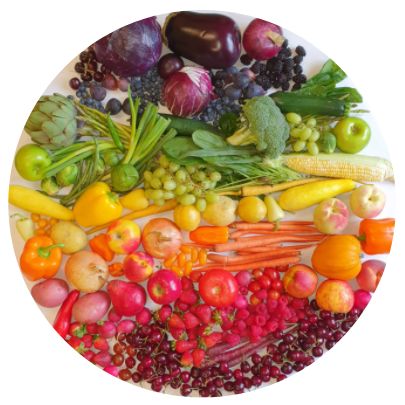
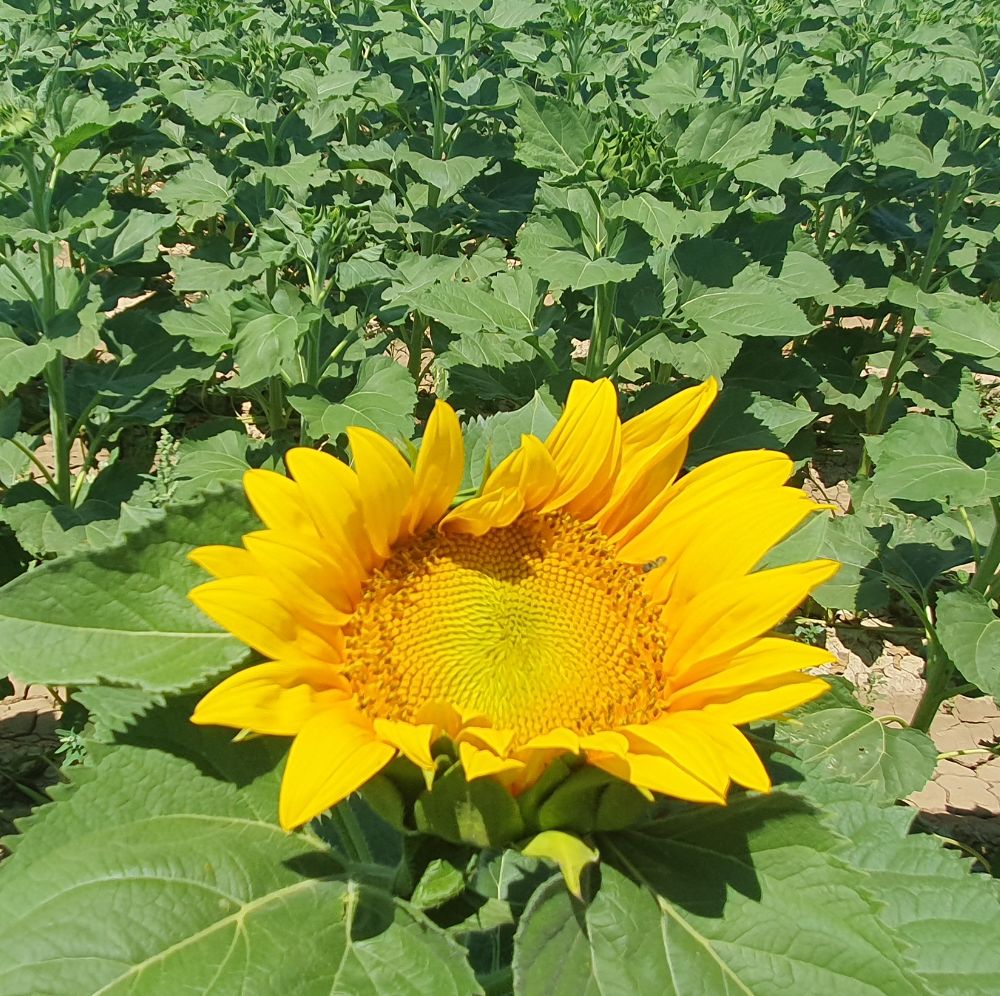
IR-4 is a National effort to secure pesticide registrations for specialty crop producers in all 50 states and US territories. The National Headquarters is strategically located at North Carolina State University in Raleigh, NC, where many industry partners are also located. Four regions operate independently to coordinate field and lab research efforts. National IR-4 Website.
New Mexico is part of the Western Region, which consists of 13 Western States and 4 US Territories (American Samoa, Federated States of Micronesia, Guam, Northern Marianas, Alaska, Hawaii, Washington, Oregon, California, Idaho, Nevada, Montana, Wyoming, Utah, Arizona, Colorado, and New Mexico). Western Region Headquarters are based at the University of California, Davis in Davis, CA. Western Region IR-4 Website.
The NMSU IR-4 Program is based at New Mexico State University main campus. Field trials needed to collect and submit samples for EPA data are conducted through NMSU’s Agricultural Experiment Station network. The primary experiment station used to generate data is at Leyendecker Plant Science Research Center, based in Las Cruces, New Mexico.
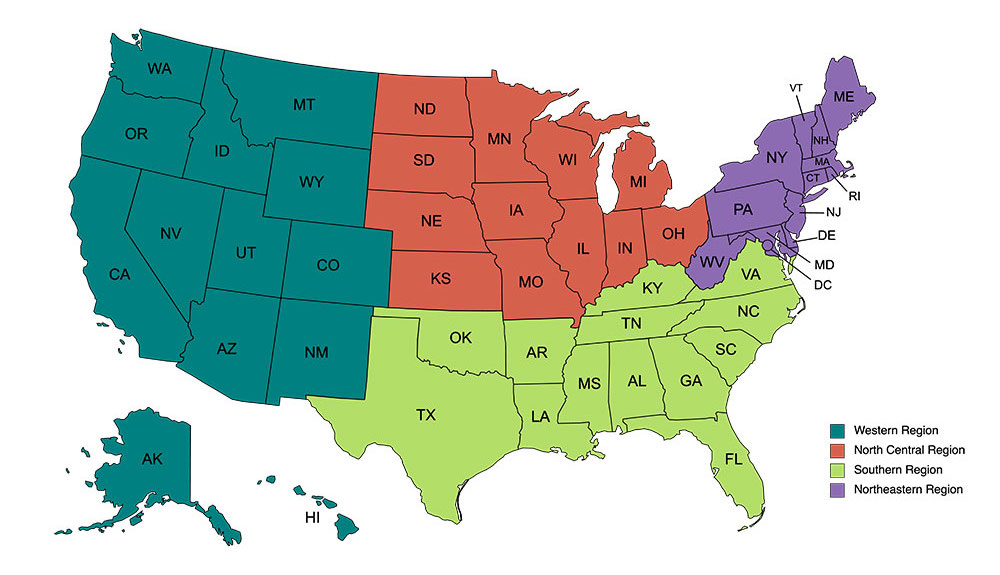
IR-4 was created in 1963 to address limited pest management solutions available for use in specialty food crops. IR-4 remains committed to this initial purpose but has expanded through the years to encompass other arising needs of specialty crop producers. Research related to specialty crops for human and animal consumption falls under the Food Crops program.
Non-food crops are also encompassed in USDA’s definition of specialty crops. As early as 1977, additional need became apparent in addressing pest management needs in ornamental horticulture and nursery settings. IR-4 quickly developed the Environmental Horticulture program to conduct efficacy and crop safety research for non-food use specialty crops. The purpose of this program is add pests and/or plant species to existing labels for use in landscaping and nursery settings.
Chanz Robbins
Field Research Director | State Liaison Representive
chanz@nmsu.edu